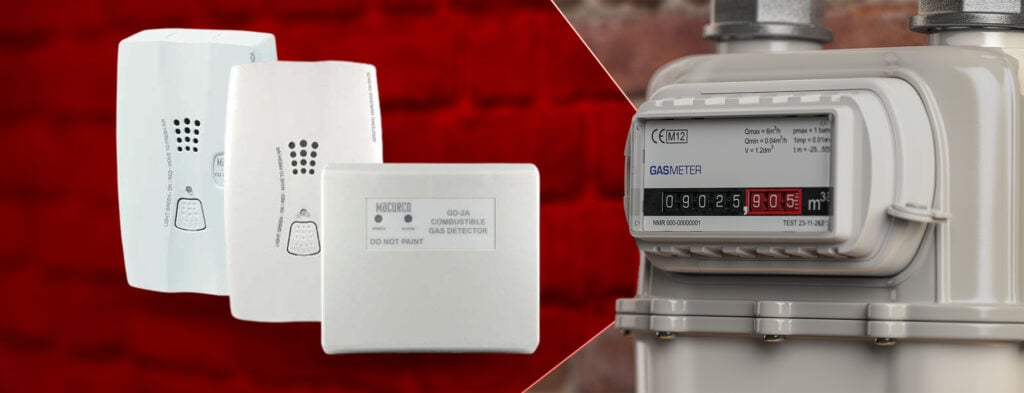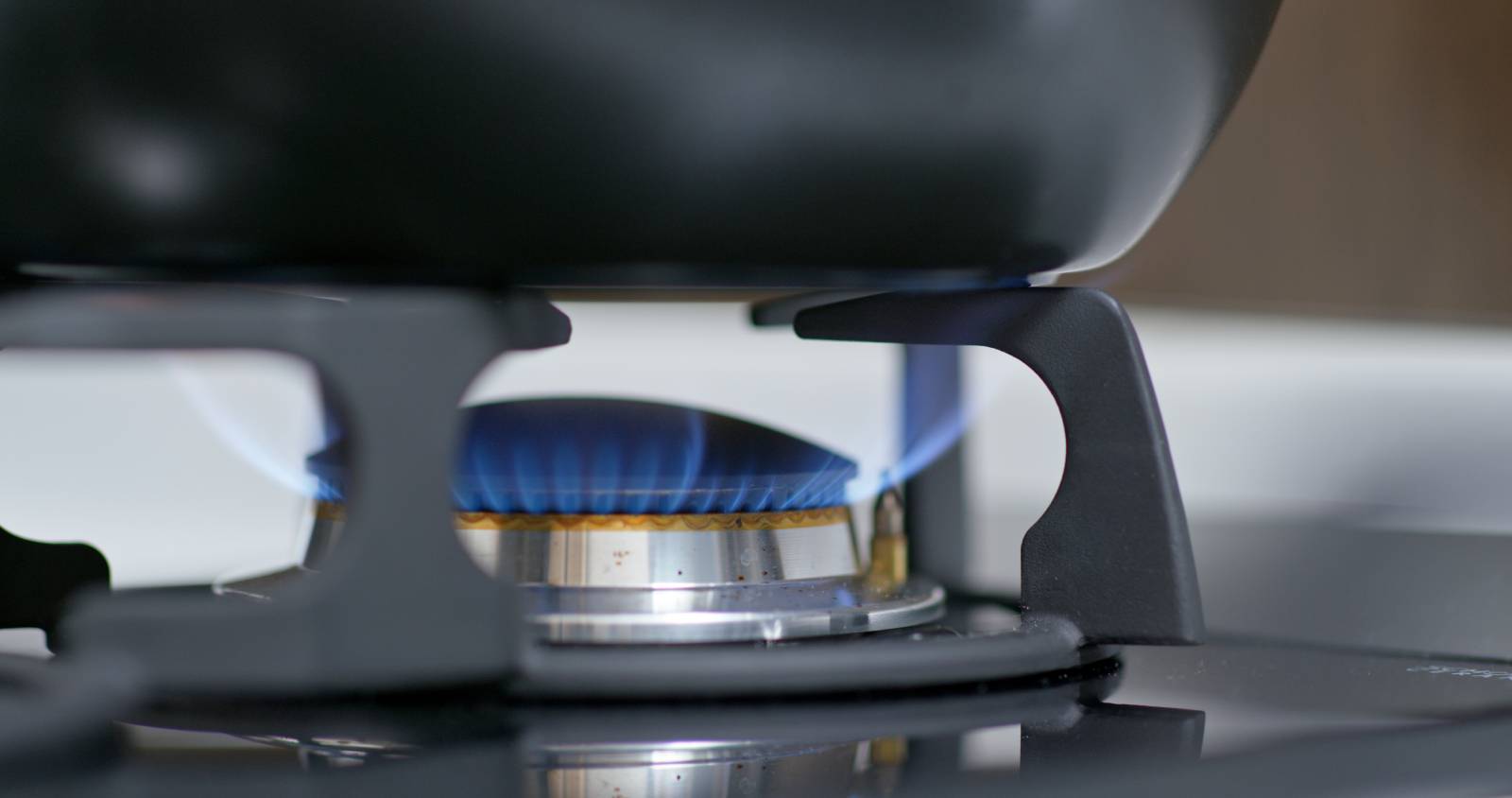
As of May 1st, 2025, Local Law 157 requires natural gas detection in every residential building in New York City for gas-fired appliances—no exceptions. The new rules are enforced by the New York Department of Buildings (DOB), and brings the national NFPA 715 standard to New York’s five boroughs. The laws are a reaction to gas explosions in East Harlem and East Village, which necessitated the installation of gas detection and a quicker response to dangerous conditions in urban areas following reports of natural gas leaks. Accordingly, the importance of gas detection cannot be overstated. Negligence in these areas can lead to dangerous conditions for tenants, or even fines and law-enforced gas shut-downs for building managers. Here is everything you need to know to become compliant with these new regulations.
Natural gas detection is required to be installed in private dwellings and class A / B multiple dwellings as defined in the Housing Maintenance Code. In other words, all buildings that have residents need gas detection installed whether or not they are a permanent or temporary resident. This includes everything from hotels, dormitories, and lodging houses to flat houses and apartment buildings, with the only exception being dwellings that don’t have gas service at all.
Your natural gas detectors should be installed in the same room as your gas-fired appliance, and located three to ten feet away from the appliance. Furthermore, the detector should be located either on the ceiling or on the wall within 12 inches from the ceiling. When these conditions cannot be met, then the standards defined by the NFPA 715 should be used. As a final note, your alarm must be listed with either UL 1484 or UL 2075, and maintained in good working order.

Similar to carbon monoxide (CO), natural gas is invisible and odorless, which means leaks can be deadly. To this end, gas service companies will include additives to give natural gas a distinct rotten egg smell. Although local law 157 also requires the installation of a CO detector, it is not sufficient to detect natural gas and will not put you in compliance with local law 157. You will need a natural gas detector, installed by a licensed contractor that has all the required permits. Having an experienced professional is not only required, but helps you to navigate the codes to find out where exactly to install the detector for your specific building.
To comply with local law 157, you don’t need a fully supervised gas detection system. Rather, hiring a licensed electrical contractor with the required permits to install the correct detection devices in the required locations is enough. As long as the detectors are installed correctly, have audible gas and audible end of life signals, you are compliant with the new laws. Having your entire system monitored can cost up to three times more upfront than a basic installation. In addition, supervision will add to your monthly operating cost for each sensor you install. Installing a monitored gas detection system can have many benefits, but is a financial commitment that can strain smaller operating budgets.
Gas detection can prevent disasters like the East Harlem and East Village explosions from happening again. Thus, it is important to install gas detection and take immediate action when a gas leak is reported. The new rules are now in effect, so if your building still doesn’t meet the necessary detection requirements, please seek assistance as soon as possible. Failure to comply with building code violations can result in fines from the DOB, which can accumulate quickly with ongoing non-compliance. Moreover, installation is not always simple, and can be misplaced if installed by someone that is not qualified, unknowingly leaving you out of compliance.
Some companies offer smart platforms, or enroll you into monthly subscription services to make you compliant with local law 157; however, the only requirement set by the DOB is to have your natural gas alarms installed by a licensed electrical contractor, who obtains all required permits. If you want an installation that integrates perfectly into your current building setup without the upkeep, look no further than FireAlarm.com. We seek to inform with transparency and provide peace-of-mind with our easy and professional services. We have decades of experience with gas detection, line-operated gas detection systems, systems design, and fire suppression systems. Contact us today if you are looking for a way to become compliant with local law 157.
$135.49
$109.49